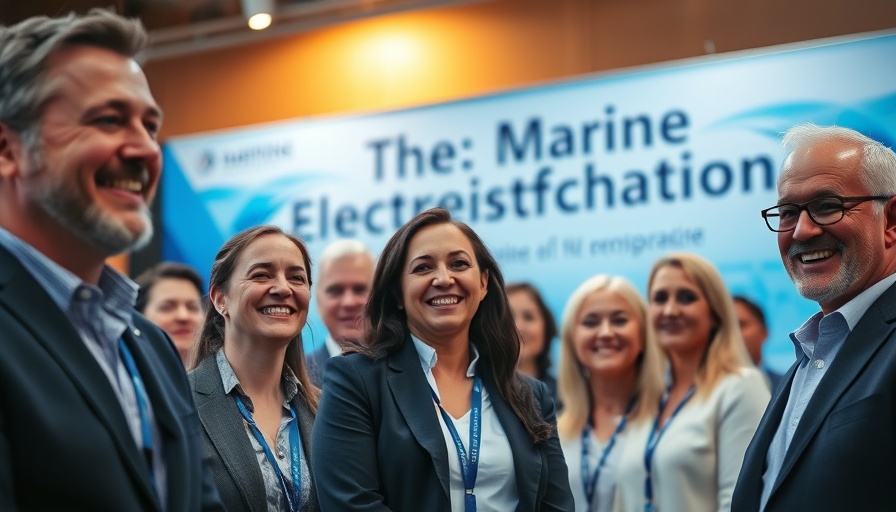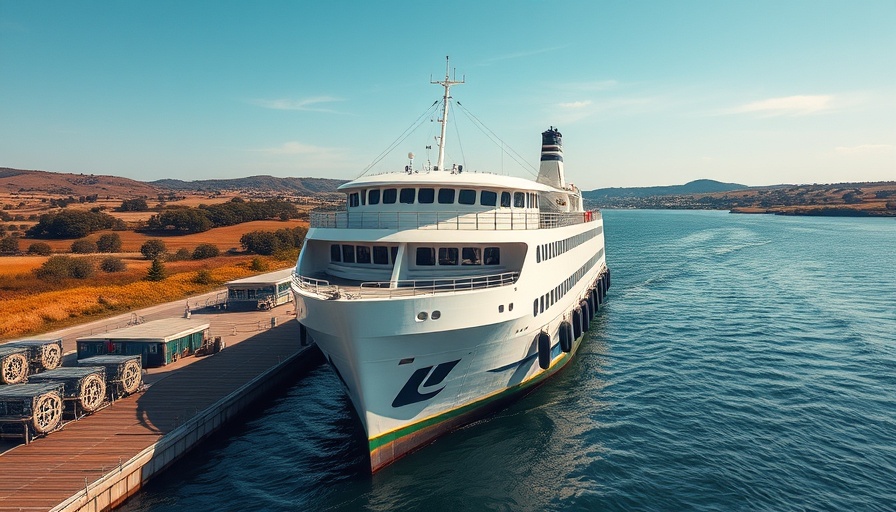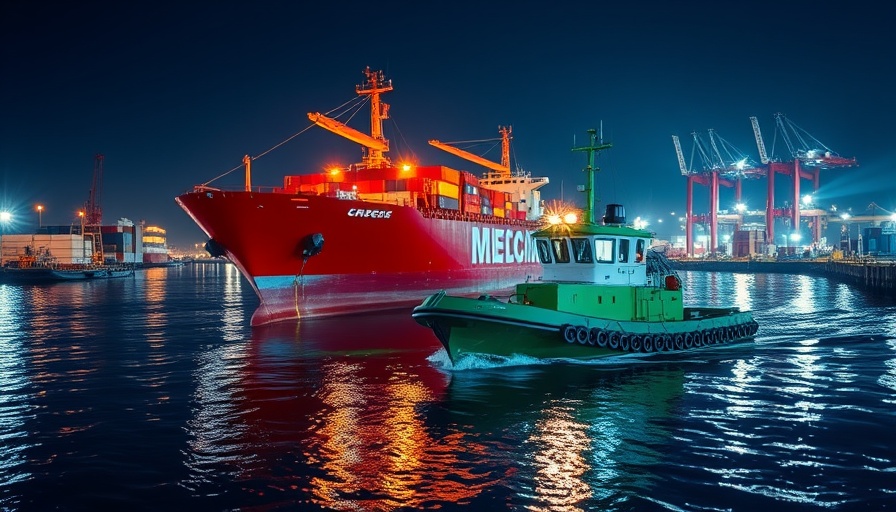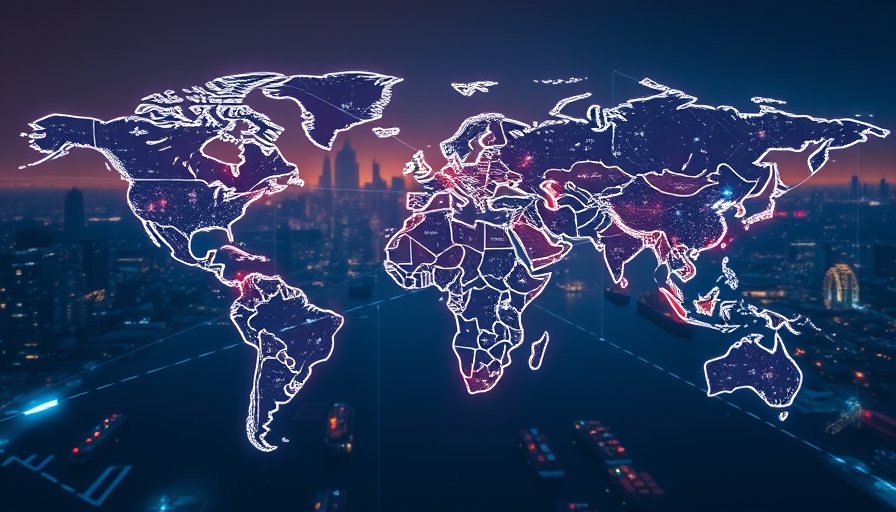
The Global Alliance for Maritime Electrification: What's Driving the Change?
In a world poised for innovation and environmental action, the maritime sector is taking a pivotal step forward. The recently established Global Alliance for Maritime Electrification (GAME) aims to harness the collective strength of four major maritime organizations—International Electric Marine Association (IEMA), Zero Emission Ship Technology Association (ZESTAs), Maritime Battery Forum (MBF), and European Onshore Power Supply Association (EOPSA)—to accelerate the electrification of maritime transportation.
Why the Sea Needs Electrification
Electrification is no longer just a trendy buzzword; it promises a drastic reduction in emissions—a goal that can significantly improve air quality and reduce environmental damage from shipping operations. GAME's focus on inland, nearshore, and commercial vessels underscores the practical and immediate impacts of electrification. Adria Jover, President of IEMA, expressed the coalition's aim to expedite zero-emission solutions for workboats, ferries, and passenger vessels. With more than 250 member organizations collaborating, the coalition plans to streamline messages and efforts to push for this much-needed transition.
Addressing Barriers to Implementation
Though the potential for change is immense, the road to electrification is riddled with challenges. Policy fragmentation, infrastructure inadequacies, and a lack of robust research and development funding are significant stumbling blocks. The coalition's strategy is anchored in three pillars: industry representation, R&D collaboration, and harmonizing standards with organizations like the International Maritime Organization (IMO) and the International Organization for Standardization (ISO). These efforts aim to secure investment confidence and pave the way for a smoother transition.
Tangible Opportunities for All Stakeholders
The formation of GAME represents a turning point for the maritime industry, particularly in the context of growing environmental regulations worldwide. This shift has huge implications for shipbuilders, port authorities, and maritime operators. For instance, as regulations tighten, companies that transition early to electrification stand to gain a competitive edge, tapping into a market increasingly driven by sustainability.
Battery Technology: The Game Changer
As the maritime sector pivots towards electrification, batteries will be at the forefront of this revolution. Syb ten Cate Hoedemaker, Managing Director of MBF, highlighted the importance of integrating battery solutions with other clean technologies to facilitate this transition. The coalition’s commitment to co-authoring position papers and engaging strategically in key global regions, including North America, Europe, India, China, and the South Pacific, signals a concerted effort to drive innovations that can optimize battery use in maritime applications.
The Broader Context: A Shift in Global Maritime Practices
This initiative resonates within a larger narrative of global sustainability efforts pushing industries away from fossil fuels. With unprecedented climate challenges ahead and growing public pressure for cleaner technologies, the maritime industry's embrace of electricity is both timely and necessary. By enhancing cooperation among established organizations, GAME looks to amplify voices that demand swift action and standardized solutions.
What This Means for You?
The establishment of GAME is more than just a coalition; it is a clarion call to reimagine how we think about maritime transport. For students of environmental science, industry professionals, and concerned citizens alike, understanding these developments will be crucial as we navigate an increasingly electrified future. The shift not only symbolizes technological advancement but also reflects a changing ethos surrounding our responsibilities towards our planet.
Conclusion: Charting a New Course for Maritime Industry
The Global Alliance for Maritime Electrification represents a vital step forward in reducing pollution and advancing technology in the maritime sector. As the coalition lays out frameworks and takes on the barriers hindering progress, it invites stakeholders to invest in a cleaner, more sustainable future. Engaging with organizations involved in this initiative could amplify your own efforts toward greener practices—whether you're in shipping, policy-making, or environmental advocacy.
 Add Row
Add Row  Add
Add 




 Add Row
Add Row  Add
Add 

Write A Comment